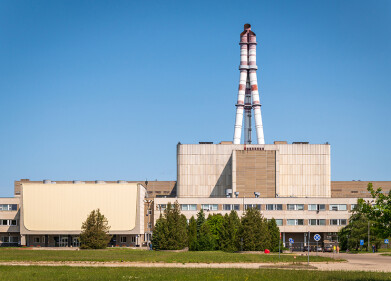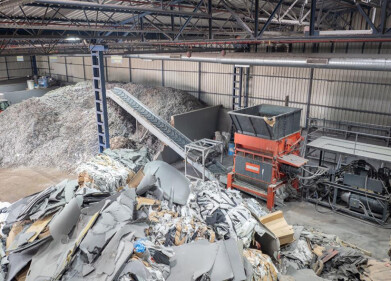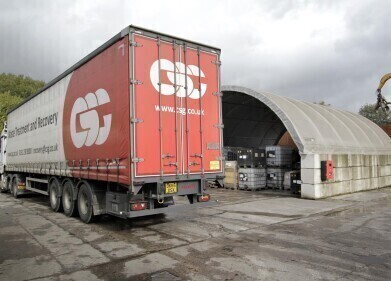Hazardous waste
Does Nuclear Power Pose a Threat to the Environment?
Dec 25 2015
In the wake of the climate change global agreement signed by more than 190 countries around the world in Paris earlier this month, the search is now officially on to ween ourselves off fossil fuels. But with oil, coal and gas providing the vast majority of energy used worldwide, doing so will be a tall order indeed.
Clean, renewable energy is the idyll, but as yet methods of solar, wind and wave power generation are not efficient enough to provide sufficient energy to replace that created by fossil fuel combustion. While biogas is a potentially exciting energy source, it too pales in comparison to the sheer volume of energy generated by fossils. However, there is one genuine contender which could alleviate all of our energy woes in one fell swoop – nuclear power.
The Pros of Nuclear
Nuclear is the only energy in use to date which rivals fossil fuels in terms of the potential power it can create. Whilst it does still release some radioactive elements into the atmosphere, these are far less damaging than the radiation created by coal-fired power plants, while its carbon and methane emissions are virtually negligible in comparison.
Furthermore, it is created through the mining and processing of uranium. Though this is a finite resource, it is thought to be in more plentiful supply than fossil fuels, which are rapidly depleting. Crucially, it also has far greater potential than oil, coal or gas – more power can be gleaned from uranium supplies than can be generated from an equivalent amount of fossil fuels.
The Disadvantages of Nuclear
That being said, nuclear is not a renewable energy. Despite the vast potential of uranium, it too will one day run out – meaning that nuclear energy can only ever be a stopgap solution.
Neither is it clean. As well as emitting a certain amount of harmful contaminants into the air, nuclear is also responsible for creating a significant amount of volatile waste. In the wrong hands or subjected to the wrong conditions, nuclear waste has a devastating potential to contaminate our air, land and water for a prolonged period of time, not to mention the explosions it could cause.
Indeed, one only needs to look over the history books to see examples of nuclear disasters and their catastrophic effects. In 1986, the Chernobyl disaster (which took place in the former USSR) was the first major tragedy involving the energy source that the world had seen, and it claimed many lives and contaminated much land. However, it remained the only major accident to occur throughout around 500 reactors worldwide for 25 years… until 2011.
The Fukushima incident in Japan shook human faith in the infallibility of nuclear power once again after thousands of people were killed and hundreds of thousands more were forced to evacuate from their homes. Despite the passage of several years, tests reveal that isotope levels in the surrounding soil remain alarmingly high.
The Bottom Line
Though nuclear power does currently represent our most feasible option for dispensing with fossil fuels, it must be remembered that as an energy source, it is neither clean nor renewable – and it always has the potential to cause deadly and disastrous accidents. As such, it would be more advisable to withdraw investment and effort in the nuclear sphere and concentrate on greener sources of efficient energy production.
Events
Jul 15 2025 Brighton, UK
Jul 23 2025 Sydney, Australia
Aug 24 2025 Stockholm, Sweden and online
Aug 27 2025 Busan, South Korea
Sep 02 2025 Mexico City, Mexico







.jpg)






